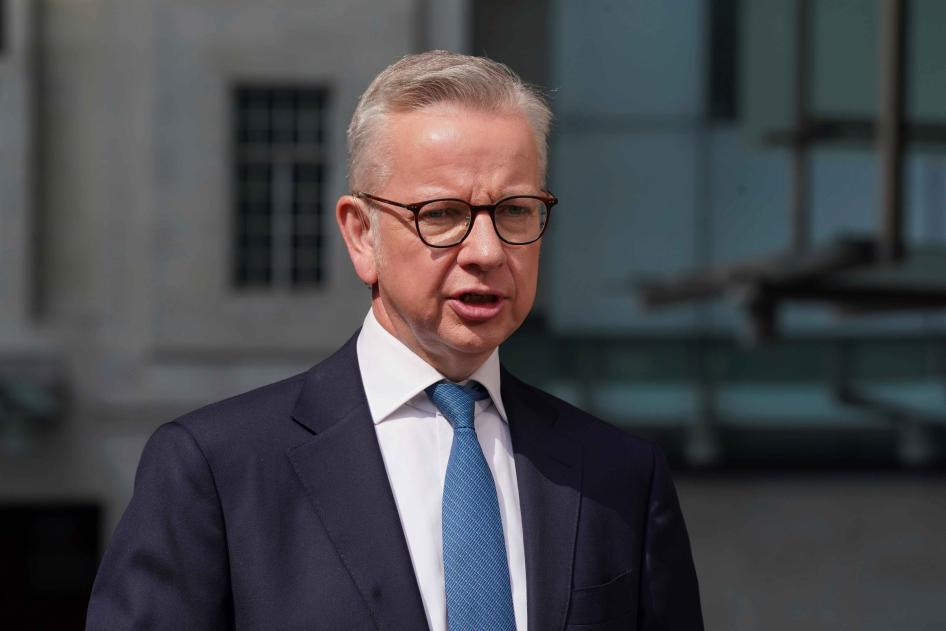The United Kingdom government’s anti-boycott bill will be debated next week in parliament, the latest in a growing list of measures which fundamentally undermine free speech and democratic rights in the country.
The bill effectively restricts public bodies, including universities, local authorities, and government departments, from making investment decisions that align with their human rights responsibilities and obligations. The effect could be to hamper these groups from taking steps in business dealings to avoid causing or contributing to human rights abuses and international crimes.
For example, it could restrict public bodies from divesting from companies complicit in the Chinese government’s systematic repression of Uyghurs, Israel’s crimes of apartheid or war crimes in Israeli settlements, Saudi Arabia and UAE’s war crimes in Yemen, or the Myanmar junta’s crimes against humanity.
A group of Uyghurs and scholars of Uyghur and China studies wrote to the government urging it to scrap the proposed bill because it “risks undermining efforts to hold the Chinese government to account for their crimes.” The UK lags behind other countries in regulating the human rights and environmental impacts of companies and import bans tied to severe rights abuses, such as forced labor, as well as strengthening anti-modern slavery laws.
The bill even tries to limit the expression of support for public bodies engaging in ethical and responsible business activity prohibited by the bill. The government claims the bill addresses antisemitism by prohibiting boycotts of companies doing business with Israel. However, boycotts have been used many times to challenge and prevent complicity in human rights abuse.
Boycotts played a key role in the struggle for African American rights in the United States and in international campaigns against apartheid in South Africa and atrocities in Darfur. Some members of the UK Jewish community have also opposed the bill because it “will do nothing in the fight against antisemitism.” The UK should instead be addressing antisemitism and other forms of hate by investigating and punishing threats and violence against Jews and other minorities, condemning intolerant speech, and educating people on the dangers of unchecked hatred.
In the 1980s a Conservative government tried to stop boycotts against apartheid in South Africa. The UK should not be on the wrong side of history again, punishing public bodies trying to do the right thing. Parliamentarians should oppose this bill.










